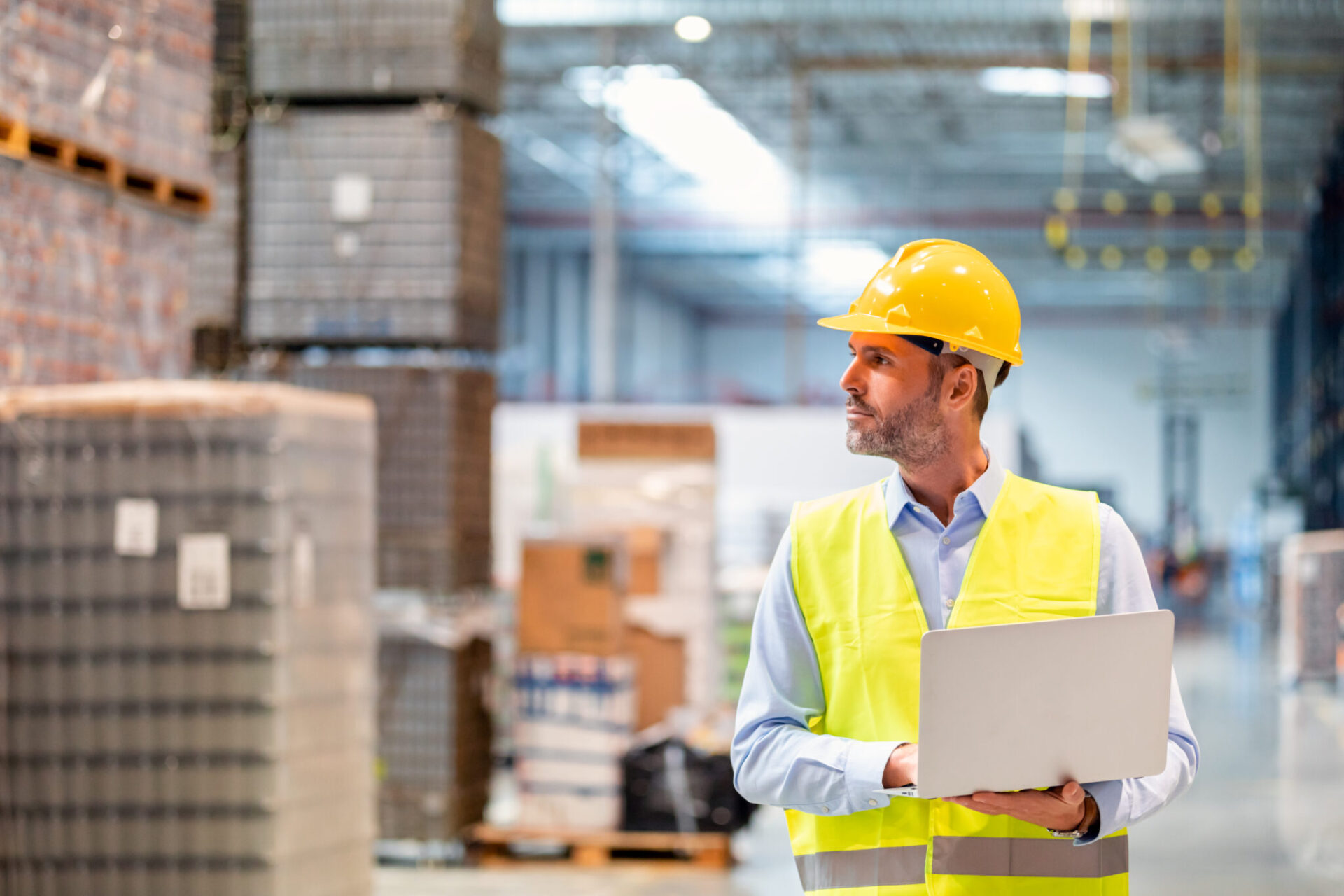The pursuit of sustainability has emerged as a defining factor in shaping the future of any industry. This article talks about green sustainability initiatives in modern logistics, exploring why environmentally conscious practices are becoming integral to the supply chain.
As the global community places an increased emphasis on environmental responsibility, logistics operations are adapting to foster sustainability and reduce their ecological footprint.
Let’s talk about why they need to do it and how they’re benefiting from it.
The Importance of Sustainability in Logistics
With increasing environmental concerns and the urgent need for climate action, the logistics industry stands at a crossroads. Traditional models of supply chain management are being reevaluated, with the realization that sustainability is not a mere corporate buzzword but a strategic imperative.
Companies are increasingly acknowledging their role in environmental protection and embracing initiatives to align with global sustainability goals.
Green Initiatives: Beyond Tokenism
Green initiatives in logistics go beyond token gestures. It’s not just about planting trees or recycling office waste; it’s a comprehensive approach that encompasses the entire supply chain. From sourcing raw materials to product delivery, every aspect of the process is being scrutinized for its environmental impact.
Eco-Friendly Supply Chain Practices:
The concept of an eco-friendly supply chain has gained prominence, calling for practices that minimize harm to the environment. This includes reducing carbon emissions, optimizing transportation routes, and utilizing sustainable packaging. The goal is to create a supply chain that operates in harmony with the planet.
Sustainable Logistics Practices:
Sustainable logistics practices are centered on minimizing resource consumption, optimizing efficiency, and reducing waste. This involves the adoption of strategies such as green transportation solutions and energy-efficient warehouses, that prioritize environmental responsibility in line with operational effectiveness.
Strategic Alignment with Corporate Values:
Companies are acknowledging that sustainability is not just a checkbox on a corporate social responsibility (CSR) report; it’s a reflection of core values. Aligning their operations with sustainability goals enhances brand reputation, resonates with mindful consumers, and contributes to long-term business success.
The Rise of Eco-Friendly Supply Chains
Eco-friendly supply chains aim to minimize the environmental impact of logistics operations. This involves optimizing their resource allocation and moving towards sustainable logistical practices.
Some of these include:
Sustainable Logistics Practices
Sustainable logistics practices go beyond reducing emissions. They also involve improving resource efficiency, promoting recycling and reuse, and minimizing waste. For example, some companies are using reusable packaging materials to reduce waste while others are implementing energy-efficient lighting and heating systems in their warehouses.
Green Initiatives in 3PL and WMS
Third-party logistics (3PL) providers and Warehouse Management Systems (WMS) are playing a crucial role in promoting green initiatives. Many 3PL providers are offering eco-friendly services, such as carbon-neutral shipping options. Similarly, WMS is helping businesses optimize their operations to reduce energy consumption and waste.
The Role of Technology in Environmentally Conscious Logistics
Technology is a key enabler of eco-friendly logistics. Advanced analytics can help businesses identify inefficiencies in their supply chains that lead to unnecessary energy consumption or waste. IoT devices can monitor the condition and location of goods in real-time, reducing the need for wasteful practices like overstocking. AI can optimize routes in real-time, reducing fuel consumption.
The Future of Sustainability in Logistics
Looking ahead, sustainability will continue to be a major focus for the logistics industry. Businesses will need to keep innovating and adapting practices that reduce their environmental impact. This will involve not only implementing new technologies but also fostering a culture of sustainability within their organizations.
Why Move Towards Sustainable Logistics?
The advantages of incorporating sustainable logistics practices into operations are multifaceted. Primarily, they help in safeguarding the environment and mitigating the impact of logistics operations on the planet. Additionally, they have the potential to yield cost savings for companies by curbing energy consumption, minimizing waste, and optimizing transportation routes. Not to mention, embracing sustainable practices can enhance brand reputation and foster customer loyalty, responding to the growing consumer preference for eco-friendly products.
The significance of sustainable logistics is anticipated to escalate with time. With the global population at 8 billion and rising, the demand for goods is poised for a substantial increase. This heightened demand places greater responsibility on logistics companies to embrace sustainable practices to diminish their environmental footprint.
In conclusion, green logistics is orchestrating a transformation in the supply chain industry, steadily becoming pivotal for companies across diverse sectors. Through the adoption of sustainable practices and the reduction of their carbon footprint, logistics companies not only contribute to environmental preservation but also bolster their brand image and trim costs. As consumers increasingly prioritize environmentally conscious choices, the call for sustainable products and services will persist, making it imperative for logistics companies to integrate sustainable practices to maintain their edge.


VeraCore is SaaS order and warehouse management software trusted by top fulfillment companies and 3PLs. Affordable, flexible, easy to use; VeraCore is everything you need to keep clients happy and run a lean operation.
With VeraCore, you can grow your business and handle any challenge with ease. Rules-based automation enables you to control all aspects of your warehouse operation and satisfy each of your clients’ unique requirements.
Hundreds of fulfillment service providers and 10,000+ fulfillment clients place VeraCore at the “core” of their business to get the job done right, for over 40 years.


